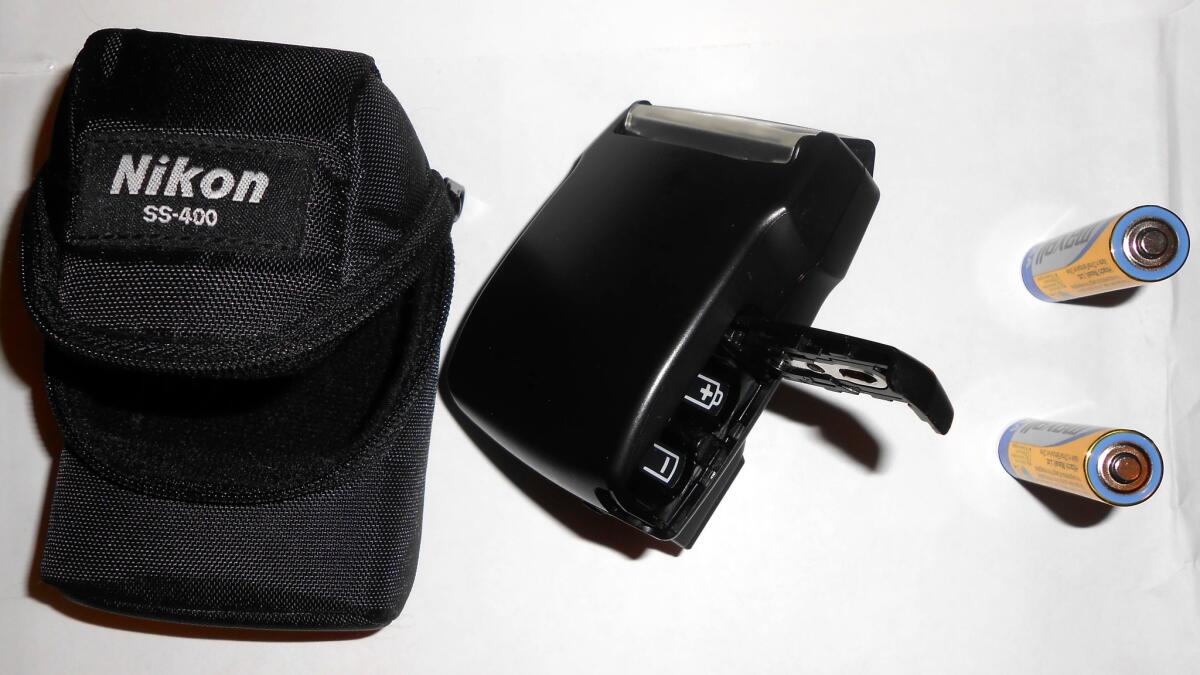Travel tip: Remove batteries before storing electronics

- Share via
Here’s a flash: Remove batteries from electronic devices if you’re storing them between trips.
When I’m not on the road, I keep my compact Nikon flash in my camera bag, and I store the camera bag in my home office.
Although both cameras I use on assignment have pop-up flashes, the lightweight Nikon device lets me bounce flash for softer illumination.
After my last trip in 2014, I stored the flash in its pouch. On my first trip of the year in March, I grabbed the flash, confidently put it in my camera bag and took off, not bothering to check it.
Nothing happened when I turned it on. Assuming the AA batteries were dead, I grabbed two new batteries to insert, opened the flash compartment and found that the old batteries had leaked.
Despite new batteries and a quick cleaning, the flash still didn’t fire. When I returned to work, I turned it over to Times photo editor Richard Derk, who cleaned the contacts (with a small screwdriver but “very gently because you don’t want to damage those contacts”) and restored it to health.
It was a good reminder to remove batteries in any electronic device you’ll not be using for a bit.
“All batteries will leak,” Derk said, “and humidity doesn’t help.”
Humidity in L.A.? As rare as it may be, I run a dehumidifier in my home office because that part of the house sits atop a creek that flows (or used to) under the property. In any case, keep electronics away from moisture in any form.
Follow us on Twitter at @latimestravel
Sign up for The Wild
We’ll help you find the best places to hike, bike and run, as well as the perfect silent spots for meditation and yoga.
You may occasionally receive promotional content from the Los Angeles Times.




